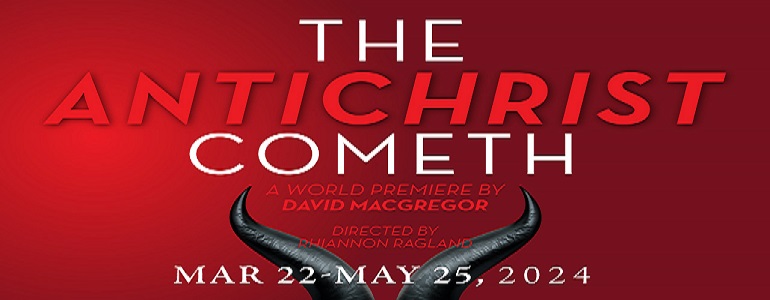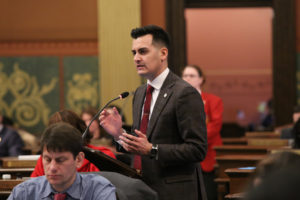Dexter area voters will have the chance to vote along with the rest of Michigan as to whether the state should end the practice of gerrymandering and instead rely upon an independent council to determine legislative districts.
Late Tuesday, the Michigan Supreme Court ruled in a 4-3 decision that the Voters Not Politicians ballot proposal can proceed to voters in the November election. The decision came after months of legal wrangling by opponents who claimed the ballot proposal was too broad and any change in political redistricting process could only be accomplished by constitutional convention.
Justice David Viviano wrote in the majority opinion, “ (The law) leads us to conclude that a voter-initiated amendment… is permissible if it does not significantly alter or abolish the form or structure of our government, making it tantamount to creating a new constitution. VNP’s proposal surpasses these hurdles and is a permissible voter initiated amendment.”

Michigan legislators redraw political district lines every 10 years after the U.S. Census has been taken and citizens reveal their party affiliation. Whichever political party is in power at the time the boundaries are reformed can do so to their own advantage, a practice known as “gerrymandering”. The current boundaries were determined in 2011 by the Republican majority at the time.
A grassroots movement, Voters Not Politicians (VNP), began collecting signatures in 2017 for a petition to put a proposal on the Michigan November ballot that, if passed, would end the practice of gerrymandering.
The VNP movement caught on and gained momentum behind the motto “voters should choose their politicians, not the other way around.” VNP needed 315,654 signatures to get on the ballot but ended up turning in 425,000 signatures. What’s more, the validation rate for the signatures was an astounding 92% compared to the typical 62% vetting of valid names on a petition.
The VNP proposal would address gerrymandering by establishing a redistricting commission to draw legislative lines in Michigan. The 13-member commission would be comprised of four Democrats, four Republicans and five independent members who are not affiliated with any major political party.
The VNP effort hasn’t gone unchallenged. An organization backed by Republican special interest groups patriotically sounding name, Save Michigan’s Constitution, filed suit earlier this year to block the bill from being placed on the November ballot. In June, the Michigan Court of Appeals unanimously ruled that the proposal should proceed. The Court also ordered the Michigan Board of State Canvassers to fulfill its obligations in assuring the VNP proposal gets on the November 2018 general election ballot.
Save Michigan’s Constitution appealed their case to the Michigan Supreme Court whose partisan makeup was considered a possible conflict of interest because of Republican opposition to the proposal and Democratic support.
Michigan’s highest court ruled that the VNP proposal should proceed to the November ballot in a 4-3 decision. The justices voting in favor of putting the proposal on the ballot were Republican supported justices David Viviano and Elizabeth Clements along with Democratic backed justices Richard Bernstein and Bridget Mary McCormack. In opposition were Republicans Kurtis Wilder, Brian Zahra and Chief Justice Stephen Markman.
“We are stewards of the people and must faithfully abide by the decision they make through the laws they adopt,” wrote Viviano.
With the Supreme Court ruling comes the end of legal wrangling over the VNP ballot proposal with effort, energy, and money expected now to be spent on a fierce and expensive ad campaign aimed at Michigan voters leading into the November election.








